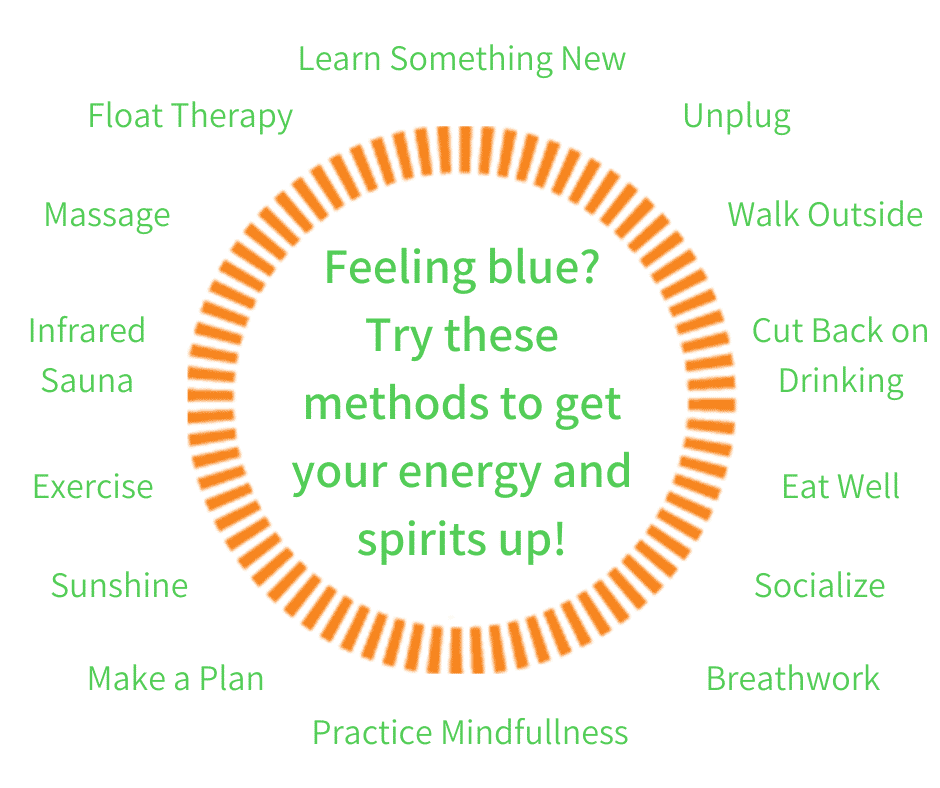2020 has been quite a year thus far. For some people it has given them space and time to gain clarity in their lives. For other people, the amount of uncertainty and isolation has mounted into a mental health downward spiral. Mental health has become a more widely accepted topic in recent years and it has certainly come up during the pandemic. However, we need to not only consider that it exists, but also find out how we can identify it for ourselves and take proactive measures to counter it.
Quarantine or isolation is often an unpleasant experience. Separation from loved ones, the loss of freedom, uncertainty, and boredom can have an incredible emotional impact. Suicide has been reported (2) and working through anger has been shown following the imposition of quarantine in previous outbreaks. In 2004 Canadian study looked at the psychological effects of quarantine (1) It found that Symptoms of depression were observed in 31.2% of respondents. This is a significant percentage of the population so we must not ignore the signs and symptoms.
Isolation and uncertainty also mimic many symptoms of depression (7) like feeling helpless about the situation, feeling hopeless that it won’t end and there is not a resolution, pushing you to change or eliminate your daily activity which can feel like you lost a part of your life as well as loss of joy and pleasure, less activity can bring you a lack of energy, Loss of job or purpose may cause self loathing or feelings of worthlessness, feelings of being trapped by isolating yourself in your house and an increase focus on death or potential death from the virus. People who crave variety tend to fill the void by turning reckless behavior, reckless driving,online gambling, increased drug, smoking, or alcohol abuse.
The 1st step is to recognize when our mental health is in decline. This quick reference offers a glimpse of what to expect from infectious disease outbreaks and allows you to observe when the isolation is making an impact in your life. This reference was published from the CDC and can be found with additional resources for help.
(5) Stress during an infectious disease outbreak can sometimes cause the following:
- Fear and worry about your own health and the health of your loved ones, your financial situation or job, or loss of support services you rely on.
- Changes in sleep or eating patterns.
- Difficulty sleeping or concentrating.
- Worsening of chronic health problems.
- Worsening of mental health conditions.
- Increased use of tobacco and/or alcohol or other substances.
Writing a list and prioritizing all of the fears and uncertainty can be a great first step in recognizing what you need to tackle first. There is always an indirect or direct action you can take that will allow you to feel in more control during these times. While things may not be what they once were, this time can be used to reinvent yourself or find new purpose! Finding new purpose during these times can alleviate the stress of what WAS and get you focused on your future.
CDC has also offered some other proactive measures to “Be kind to your mind” which reminds people to:
1. Pause and Breathe. Notice how you feel.
2. Take Breaks from COVID-19 content.
3. Make Time to sleep and exercise.
4. Reach Out and stay connected
5. Seek Help if overwhelmed or unsafe.
Taking up a new ritual like breathing techniques can help lower your stress and anxiety and possibly bring some clarity. Try this introductory breathe work by the “Ice Man” Wim Hoff: https://youtu.be
There is some light at the end of the tunnel. One study (6) compared psychological outcomes during quarantine with later outcomes and found that during quarantine, 7% (126 of 1656) showed anxiety symptoms and 17% (275) showed feelings of anger, whereas 4–6 months after quarantine these symptoms had reduced to 3% (anxiety) and 6% (anger).
(1) https://www.ncbi.nlm.
(2) Barbisch D Koenig KL Shih FY
Is there a case for quarantine? Perspectives from SARS to Ebola.
Disaster Med Public Health Prep. 2015; 9: 547-553
(3) ………
(4) https://www.thelancet.
(5) https://www.cdc.gov/
(6) Jeong H Yim HW Song Y-J et al.
Mental health status of people isolated due to Middle East respiratory syndrome.
Epidemiol Health. 2016; 38: e2016048
(7) https://www.helpguide.








